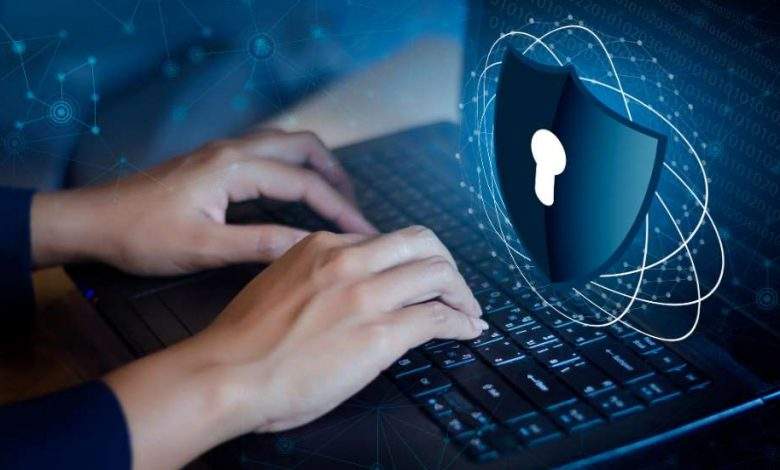
4 Things You Need to Know About Cyber Security Services
Do you know how your digital information is being used and shared? In the modern age, the need for cyber security services has become a top priority for corporations.
It has grown so critical that many multinational corporations have begun to incorporate cybersecurity into their business strategies and have established one or more cybersecurity departments.
The digital world moves fast, so let this article give you a few things to keep in mind to stay informed and secure.
What is it?
Cybersecurity protects the systems connected to the internet, including software, hardware and data, from threats. It is necessary to have cybersecurity measures in place. Also, individuals and companies alike use this to prevent unauthorised access to computer systems and information centres.
Security techniques provide a better defensive position and anti-malware to tamper with or extort essential information from an institution’s or end user’s systems. Cyber security services are also crucial in avoiding threats that impede or obstruct a program’s performance.
What are the Different Cyber Security Threats?
It’s challenging to stay up to date with security trends, threat intelligence, and new technology. In addition, cyberthreats can come in many forms, which is why it is imperative to protect data and other assets. Businesses need to uphold the highest standards of confidentiality and security, all while maintaining a fully functional records management program that is simple and easy to access. If your company is based in California, it’s in your best interest to contact the leading document management company in the state – Corodata. Whether your files are online, on a hard drive, or in a box, they can help you ensure your business is protected with top-of-the-line security measures.
The following are examples of cyberthreats:
Phishing
Phishing is a social engineering assault that uses emails or instant chats that appear ‘official’ or reliable. Its goal is to dupe victims into giving up personal information, which is subsequently utilised for identity fraud, fund transfers, or to begin a more powerful attack.
Social Engineering
The social engineering threat tries to manipulate the user’s mentality to trick them into making a security mistake. Most social attacks take advantage of human desires or fear of their victims. Assailants may pose as people with power.
Malware
Malware (malicious software) refers to programs that harm a computer, server, client, or network. This category includes trojan horses, viruses and worms, spyware, ransomware, adware, and other malicious programs.
Ransomware
As the term implies, the ransomware attack holds a system hostage by prohibiting devices from entering the system or data until there is a ransom paid. Typically, the malicious code either prevents people from accessing files or encrypts them so that they cannot be opened.
Often, ransomware attacks are the result of using VPNs. Hackers can find a leaked password and access a company’s IT systems through an old, inactive VPN account. Without proper access controls, there is no way to manage inactive VPN accounts or disable them once an account has expired. Although many companies still use VPNs for all remote access, it’s important to consider a VPN’s limited capabilities and start looking for alternatives to VPNs, especially when dealing with the specific unique access needs for different types of users. Some of these alternatives include identity and access management platforms, privileged access management, third-party security platforms, and zero trust network access.
Distributed denial-of-service
Multiple systems disrupt the activity of a target network, such as a server, website, or another network resource, in a distributed denial-of-service (DDoS) assault. Attackers can slow or damage the target system by flooding it with messages, connection requests, or packets, preventing genuine traffic from accessing it.
Why is it Important?
The necessity of cybersecurity keeps expanding as the number of people, devices, and applications in the modern company grow, along with the rising deluge of data, most of which is private or confidential. Moreover, it avoids the problem of the increasing number and expertise of malicious hackers and attack strategies.
What are the Benefits of it?
The following are some of the benefits of developing and sustaining cybersecurity practices:
- Partners, consumers, developers, stakeholders, and employees have higher confidence in the company’s ability to deliver trust and loyalty.
- Continuity of operations.
- Cybersecurity and data breach protection for businesses.
- Data and network security are both protected.
- Regulatory adherence.
- There is a faster recovery time.
- End-user and endpoint device protection.
- It avoids unauthorised user access.



